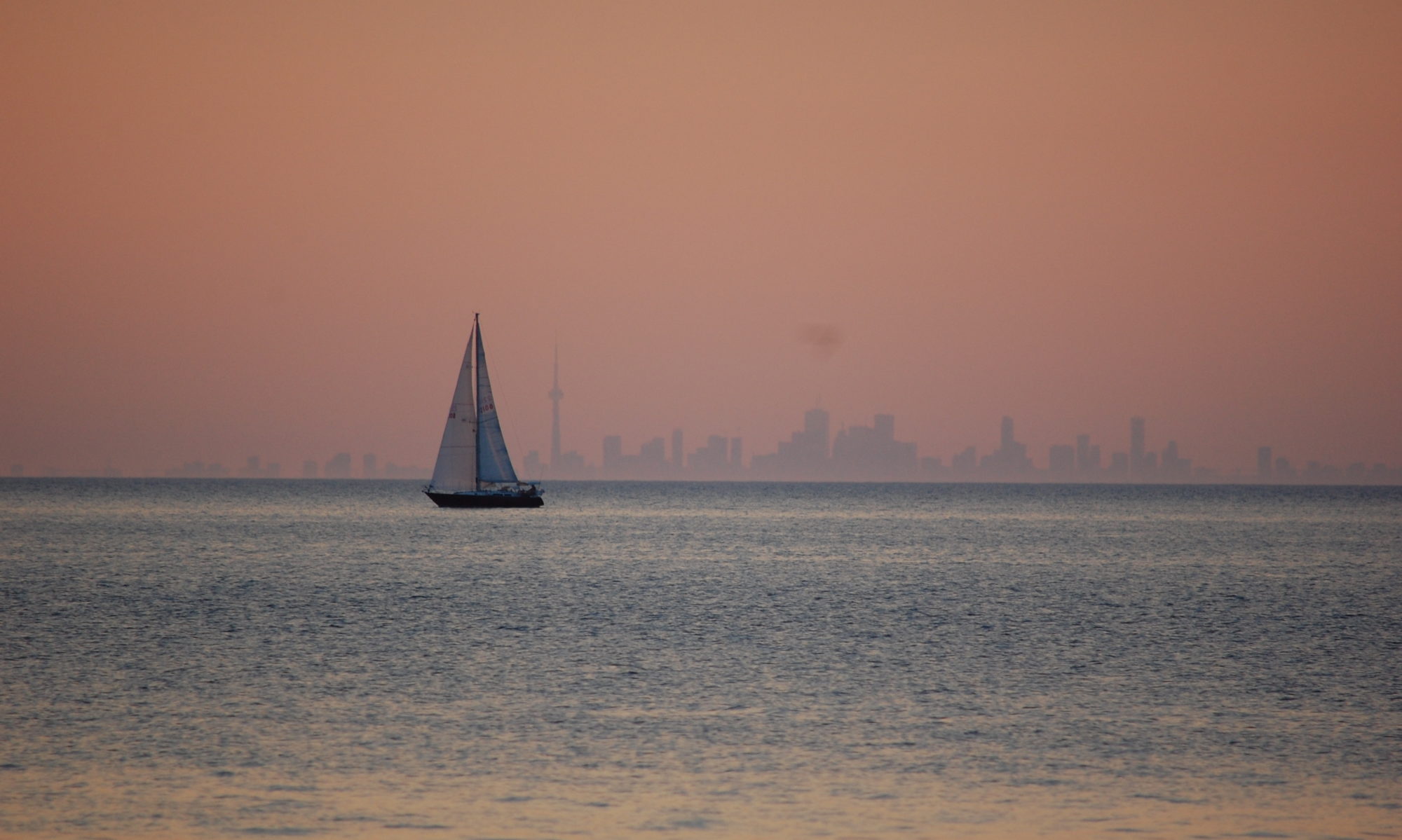Rafaela Rivera and her 4-year-old son, Angel, were standing on a sidewalk in New York City. Other people milled around them peacefully. A dark figure appeared into view and as he passed by the boy the unknown man took a swipe and knocked the child abruptly to the ground. Rafaela reacted immediately, “Hey, you just hit my son,” she said, and then she lunged toward the man and grabbed him. They twisted for a moment and fell to the ground. Two passersby helped Rafaela to subdue the man until the police arrived.
The camera then stops recording the scene. We are told that the man, clearly disturbed by drugs or mental illness, was arrested. Ironically, Rafaela took Angel on an expensive cab ride instead of the subway because she didn’t think the subway was safe.
City or country, state, or nation, we live in a world in which we place trust in our fellow human beings. Human history records many threats from bandits, soldiers, corrupt or brutal police, or government authorities. Today, there is a different expectation—the expectation of safety on our streets. With a larger population than our ancestors faced, we need to get along. Realistically, the human race has not achieved perfection and never will. But the modern expectation requires a level of trust, as it did to some extent in the past, that the person next to you will not hit you in the head.
In the United States, the expectation of freedom from fear is being tested. Criminals are granted clemency without regard to the opinions of their victims, unvetted illegal aliens are admitted across our borders and circulated throughout the country by the government, and generally hostile political parties drive up the emotions in controversial issues to a fever pitch. The effect is to undermine the peace of our culture.
The terrorist effect affects the American psyche. Brutal assaults are on the rise. Murder counts in many American cities are setting records. Yet trust is earned with difficulty over time and lost in an instant of cruelty or unkindness. A little fear goes a long way. If your neighbor is attacked, you will hear about it and fear it. We are challenged to act with courage, but courage should not be necessary. Yet, there are many ways to be hostile, perhaps as many as there are people on earth. Even if perfection is not possible, it is a normal human aspiration to live in peace. One should have the expectation of the person next to you that he/she is not wearing a bomb.
Theoretically, a conservative or liberal want the same peace, and diverse viewpoints can coexist. But underlying the peaceful coexistence is the possibility of hostility, passive-aggressive antagonism, and in the common language of the left, microaggressions can poison the dialogue. Accusations lead to anger, anger devolves into distance, people stop listening to each other, and each side sees the other as “the other.”
Hostility is its own curse. It breeds wildly. Eventually the trust that existed before dissolves into violence and one cannot stand next to another person for fear of the uncertainty of unhealthy distrust. The cure for fear is not an easy one. Christian principles are helpful, but not everyone is a Christian. Most people want peace, but peace does not come without trust.
Russia has invaded Ukraine. The neighbor is a thug. The thug declared what his neighbor had was his and he is taking it. In this way nations are like people. The peace of the human field has been disturbed. Countries are composed of people and do not behave differently in this earthly universe than individuals. For some, trust is gone and violence continues on a larger scale. The world runs on trust. The world dies when trust is lost. And when trust is lost, so too is justice.
